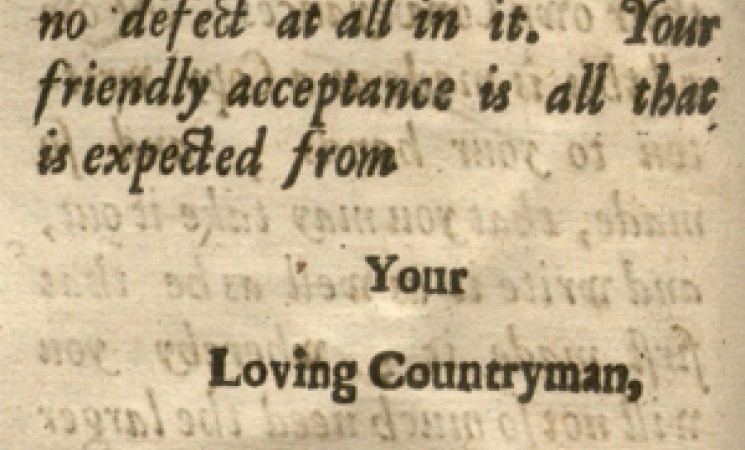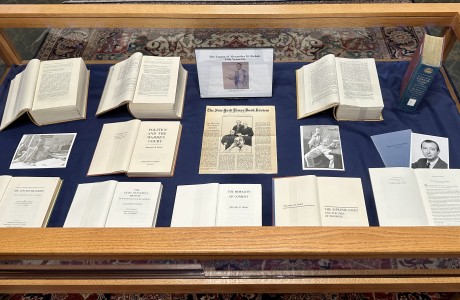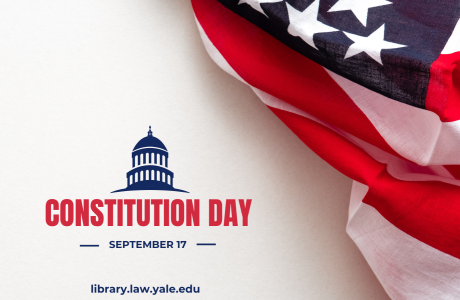William Sheppard the Law Book Author

William Sheppard (1595-1674) was born in a small Gloucestershire village on the Severn estuary, where he spent much of his life as country lawyer. However, this did not keep him from becoming “one of the most prolific” legal writers of the 17th century (Matthews, 1984, p. 5) and legal adviser to Oliver Cromwell. In a career spanning more than half a century, he wrote twenty-seven books: twenty-three on such legal topics as property, law enforcement and common law, and four religious tracts (Matthews, 1984, p. 72).
Sheppard’s first book, The Offices and Duties of Constables, published in 1641, was a law enforcement manual, in which he expressed his belief that an orderly and ethical society is founded on the character and skills of those elected to positions of authority. His next book, The Touchstone of Common Assurances (1648), was a collection of essays on the law of conveyance and is his best-known work. This book was used by law students and lawyers for the next two hundred years.
In 1649, his first religious tract, Of the Foure Last and Greatest Things, was released and was quickly followed by A New Catechism. In Of the Foure, Sheppard, a Calvinist, provided instruction for pious behavior and wrote of his support of the Rump Parliament. In 1651, Sheppard published his first legal encyclopedia, The Faithful Councellor, which was the result of a Rump Parliament edict that all legal records and literature be translated into English. His third religious tract, The People’s Priviledge and Duty, published in 1652, addressed the issue of whether laymen should be allowed to preach; Sheppard argued that laymen should be allowed to preach and called for the repeal of ordinances forbidding it.
His religious tracts might have brought him to Cromwell’s attention, which eventually led to his employment as a legal consultant (Matthews, 1984). In the spring of 1654, Cromwell assigned Sheppard the task of formulating a plan for law reform from which was born his most important work, England’s Balme; a collection of law reform proposals. Many of these proposals were presented to Parliament as bills; they touched on such issues as reconstruction of the judicial system, recovery of debt, and improvement of local government. After the publication of England’s Balme, Cromwell promoted Sheppard to Serjeant-at-Law. According to biographer Nancy L. Matthews, this was the “supreme moment of Sheppard’s career in Cromwell’s service” (1984, p. 59).
As it stands, the Lillian Goldman Law Library holds a representative sample of all twenty-three of Sheppard’s law books. However, the library lacks twenty or so editions of his books. For instance, the library currently holds eight of ten editions of The Touchstone of Common Assurances.
If you’re interested in learning more William Sheppard and Law Reform, see:
- Nancy L. Matthews, William Sheppard, Cromwell’s Law Reformer (Cambridge University Press, 1984).
- Patrick Little & David L. Smith, Parliaments and Politics During the Cromwellian Protectorate (Cambridge University Press, 2007).
– Kim L. Castellano, Library Intern
Kim Castellano is completing her studies for a Master’s in Library Science at St. John’s University.

First edition of William Sheppard’s Touch-stone of Common Assurances (London, 1648), his most popular work.


